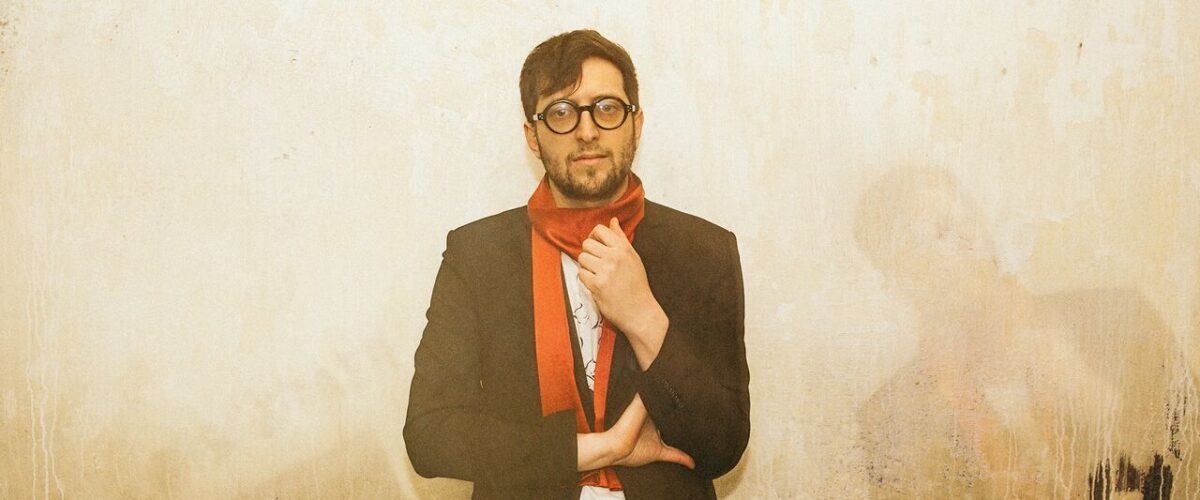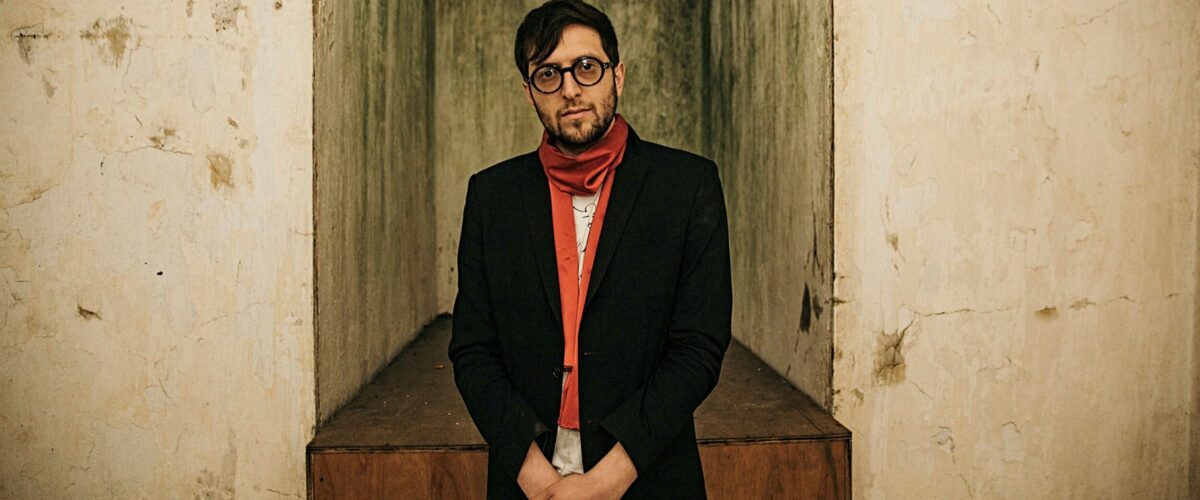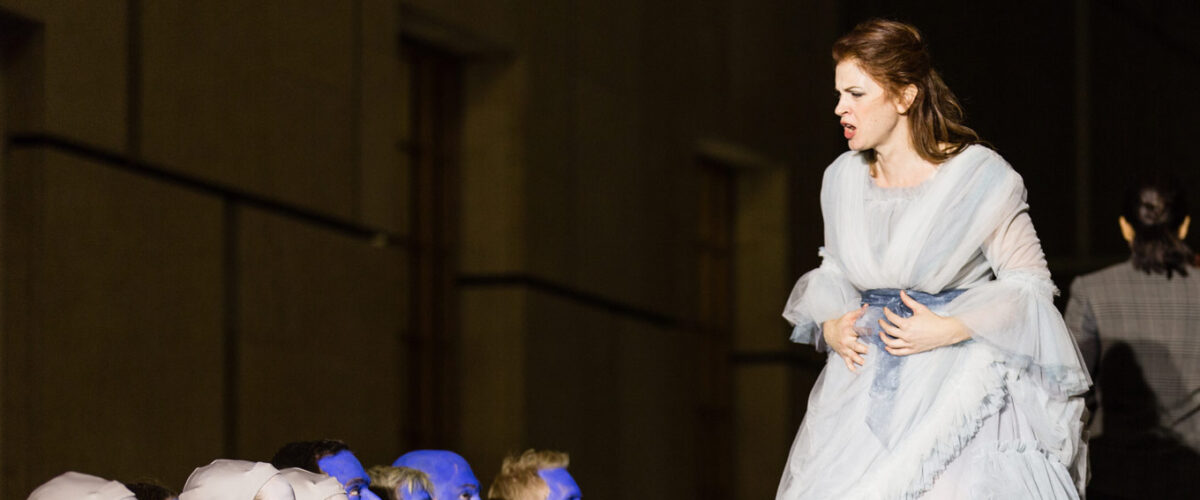TRANSCRIPT
Scofield: You know, it strikes me, David, you have your young innocent, who longing for the love of her Fairy Prince singing the soprano role, and then you have the Fairy Prince singing the mezzo-soprano role. It was Massenet did exactly the same thing in Cendrillon, in which Cendrillon is a soprano, and the Fairy Prince is a mezzo-soprano in the trouser rule. Did that occur to you by any chance?
Hertzberg: Yes, yes, absolutely. Well, of course I love Cendrillon and all the divine mezzo pants roles, like Octavian, Cherubino. There’re so many gorgeous ones, and of course I wanted to sort of pay homage and work within that archetype, but there’s sort of this added layer in The Wake World that I was fascinated by. Well, first of all, Samantha Hankey who was singing this part on the recording, she’s a dear friend and a close collaborator. She also sings the title role of The Rose Elf. And I’ve loved her voice. She has a sort of beautiful liveness to it that is not typical of mezzo-sopranos, and this gorgeous warm bloom top, and I really wanted to write a role that that was tailored to her voice.
The strange story from which this opera derives or inspired the opera titled The Wake World by the British occultist, magician Aleister Crowley. The story of the opera is that this the seeker, the ingenue, the wide-eyed Lola follows her Fairy Prince through the series of rooms in an enchanted palace where each room is sort of filled with different imagery, different color schemes, different minerals, different crystals, it’s a journey to a kind of sort of ecstatic awakening or enlightenment. And Crowley written the story originally as a kind of bizarre bedtime story for his daughter, that’s supposed to parallel the journey through the sort of mystical spheres of Enlightenment in the Kabbalah, you know, the Jewish mystical tradition.
I love the idea of this relationship being central to this opera that sort of swims in this universe of sort of like erotic, and choral cooing. But I wanted the end for the Fairy Prince to really kind of undergo this gender transformation and make it more of like a journey of self-discovery, where this duet that you just heard is where these voices come together, and Lola finds herself at the end of these hallways, and tunnels, and rooms, and through the end of this mystical journey. It’s important to the history of opera, but also to sort of suggest this gender ambiguity, and the character in the beginning, and allow this sort of arrival at the end to speak through that. That was kind of where I was going with that.
Scofield: Very, very interesting. Well, like many of opera composers, you’ve written for Samantha Hankey, you said you liked her voice, you wrote the role of Fairy Prince for her from The Wake World, and then from your other opera The Rose Elf, you have also given her of the role of the Elf. So, can you tell us a little bit about what you had in mind there?
Hertzberg: Yes. In The Wake World, the Fairy Prince becomes sort of a central character at the end, but is really like this phantom that sort of looms over this drama, that’s really about the psychology of Lola who’s looking for this other, this Fairy Prince, and who finds her and eludes her. The Elf who also sort of has this gender fluid quality. The story of The Rose Elf comes from a fairy tale by Hans Christian Andersen. It’s a lesser-known fairy tale of his, probably because it’s so lurid, and sort of gruesome, really. But it’s quite a beautiful story, centers around this elf creature who’s this sort of magical sprite who lives inside rose in a magical garden, who lives in this sort of identic harmony with this garden, and then sort of witnesses this very violent human tragedy, involving a murder, unfold from a distance, as a kind of voyeur, and through the process of watching the strange story unfold, really learns passion. So that role is really central to the opera. It’s almost like the human beings are sort of silhouetted in the background against this drama. That is really about the psychology of this being learning about loss and grief and death, and then becoming changed by it.
Read more about David Hertzberg on their OFFICIAL WEBSITE.




